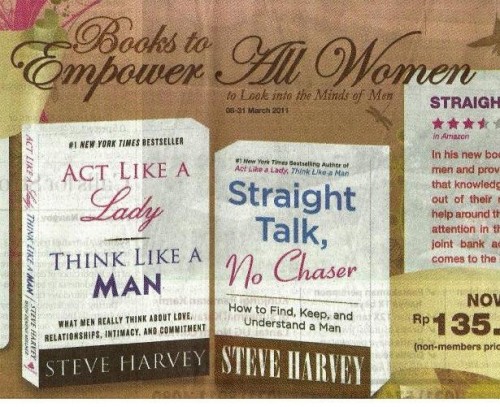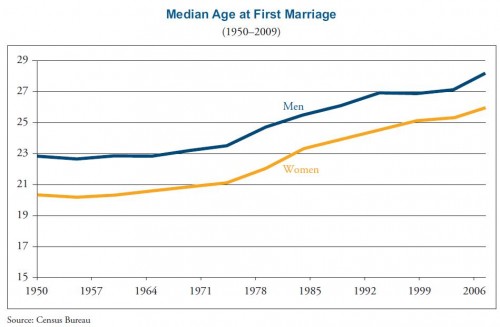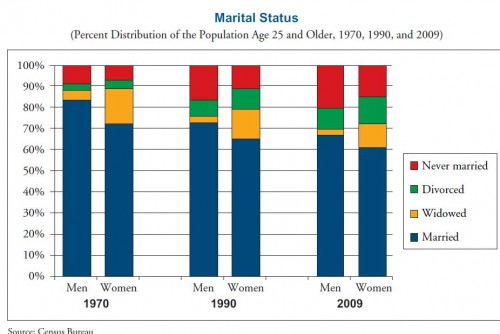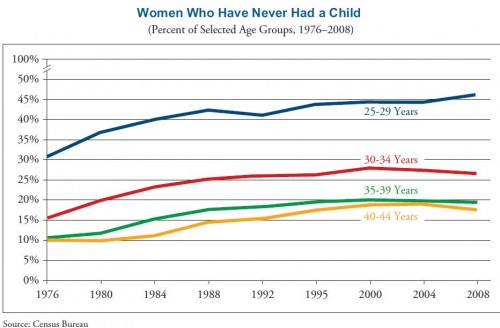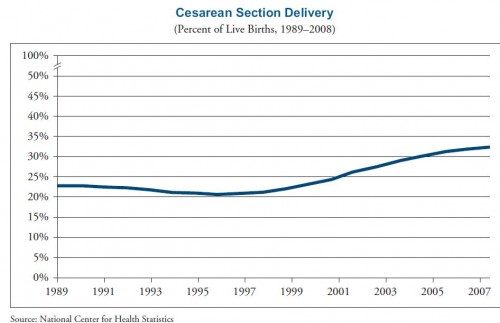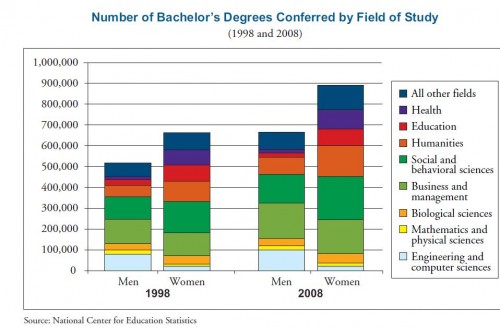Via Colorlines I discovered an Applied Research Center report titled The Color of Food. The report found that Blacks, Latinos, and Asians were overrepresented in food service work:
The report also discovered a wage gap between White workers and non-White workers at every level of food production:
Race intersected with gender, such that women earned less than men of their same race for each group studied:
The authors go on to break down the data further by each part of the commodity food chain — production, processing, distribution and service — and by racial group. For example, they show that the average wage of Latinos and Asians differs by ethnic background (always a good reminder that racial categories obscure variability):
Lots more at The Color of Food.
Lisa Wade, PhD is an Associate Professor at Tulane University. She is the author of American Hookup, a book about college sexual culture; a textbook about gender; and a forthcoming introductory text: Terrible Magnificent Sociology. You can follow her on Twitter and Instagram.
















